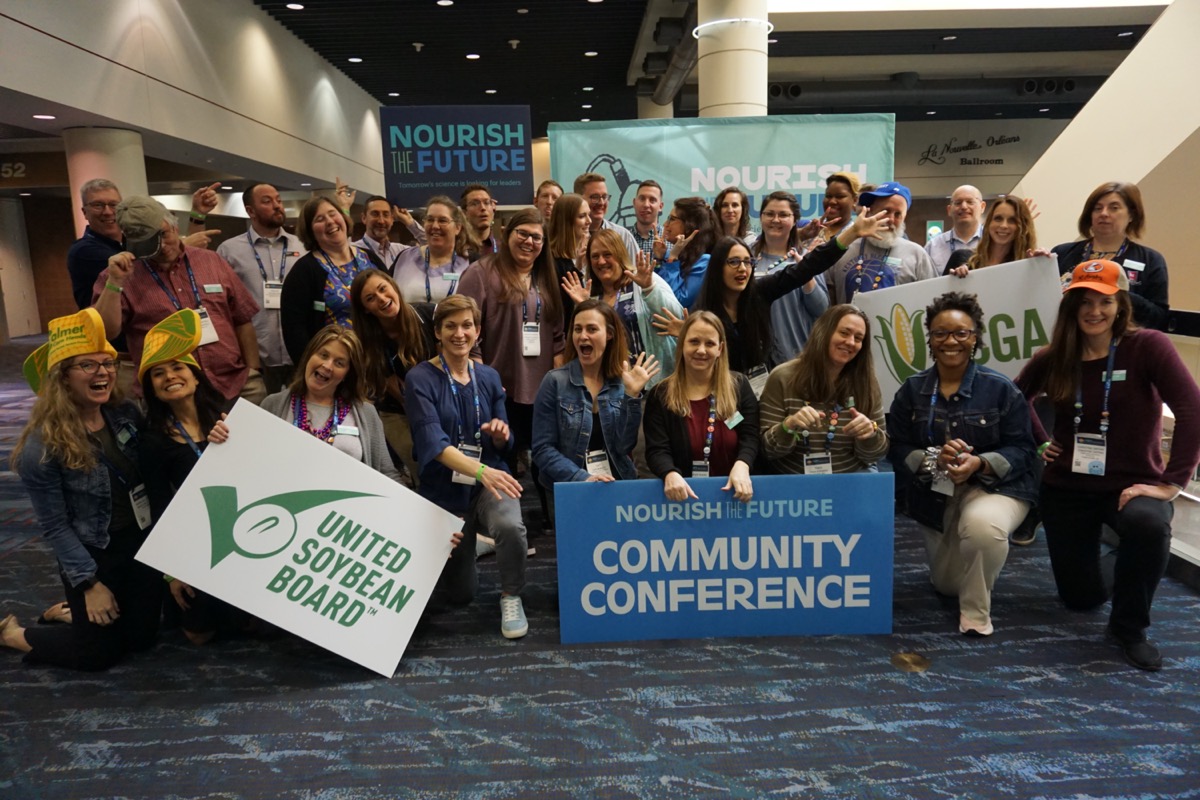
Dustin Homan, a Social Studies teacher at Purdue Polytechnic High School in Indiana, attended Commodity Classic 2022 in New Orleans. Commodity Classic is America’s largest farmer-led, farmer-focused agricultural and educational experience. Homan works with the Ohio Soybean Council’s outreach program. His participation at Commodity Classic was made possible thanks to the generosity of the Ohio Soybean Council and GrowNextGen.
While there, Homan participated in a Nourish the Future science workshop, sponsored by National Corn Growers Association and the United Soybean Board, and received supplies for science lessons in his classroom.
What was an a-ha moment from your time at the TLC conference/Commodity Classic?
The diversity of agriculture. I grew up in agriculture and have taught students about the plethora of jobs available in our industry. CC affirmed that, but I was not expecting the conference to expand my breadth of knowledge even more! I was not expecting to meet with scientists from NASA, growers promoting sorghum and hemp, an organization trying to reduce commodity waste at the farm level, and alumni from an international agricultural exchange program. Instead of generally telling my students, “There’s a job in agriculture for you,” I can now say, “You want to work for NASA? There’s a job in agriculture there for you!”
How will you use the materials with your students, and why is it important to expose them to these topics?
I’m planning to start with the soil testing and water quality lessons because my students are currently designing and building prototypes of aquaponics and hydroponics systems. We have focused heavily on the engineering design process so far. These are not passive units—once they are built and running, students will need to monitor, test, collect data, analyze and make tweaks. The water quality lesson will give my students another data point to make decisions. I also hope to test the soil around the school and have students make decisions about the best place to put an outdoor garden this spring.
How do you think the lessons and materials might help influence students’ career choices?
The trade show combined with the lessons helped me feel more equipped to make specific connections to careers for my students. I can improve my teaching by facilitating a lesson such as water quality and then locating someone who works in that industry locally to connect my students to. The lessons and materials are the ‘spark’ to introducing new careers!
What would you like to say to the Ohio Soybean Council who made your participation possible?
Thank you, thank you, thank you! I’ve witnessed the investment they have made in students and other teachers through my prior work with them. I have even more appreciation for them now that I have participated as a teacher. Your investment will yield hundreds, maybe thousands, of returns in the form of my urban students experientially learning about real-world challenges. Again, thank you!
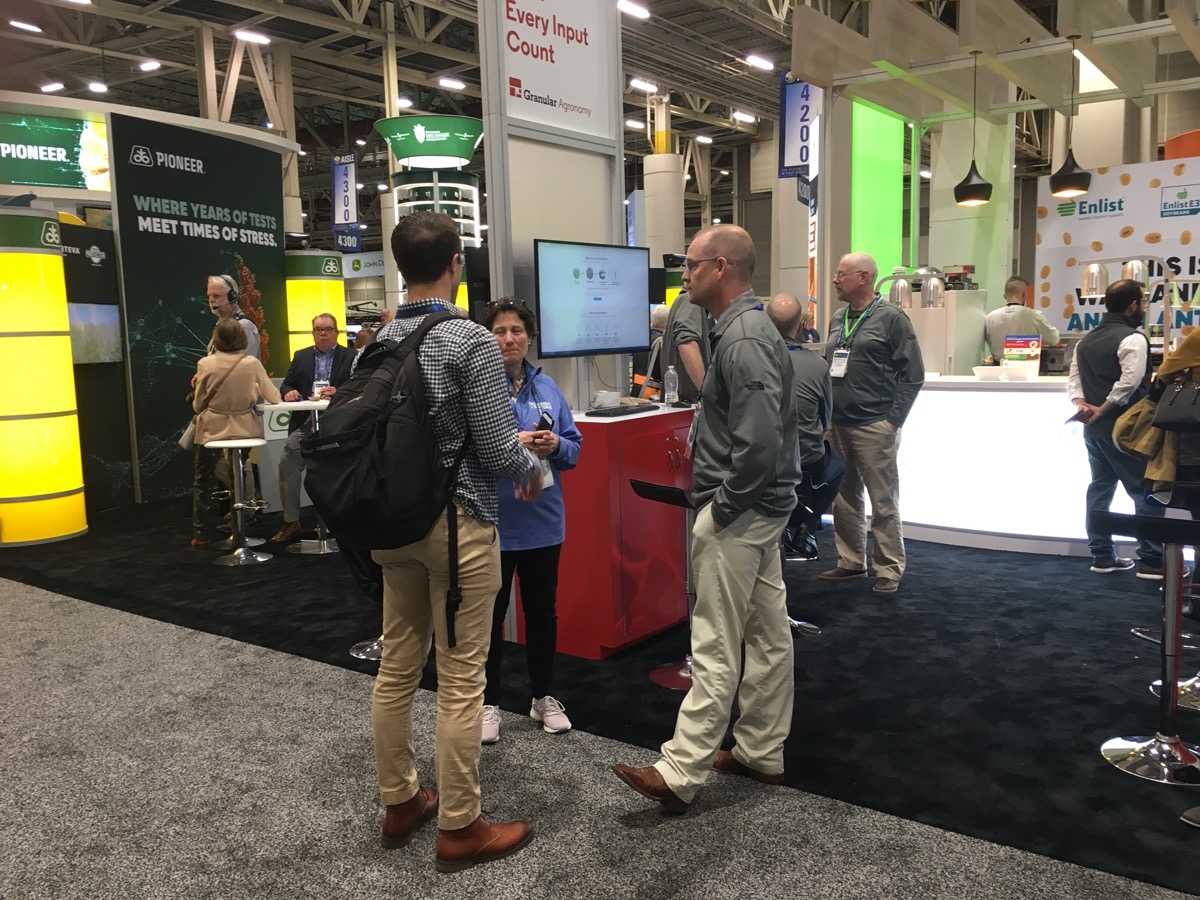
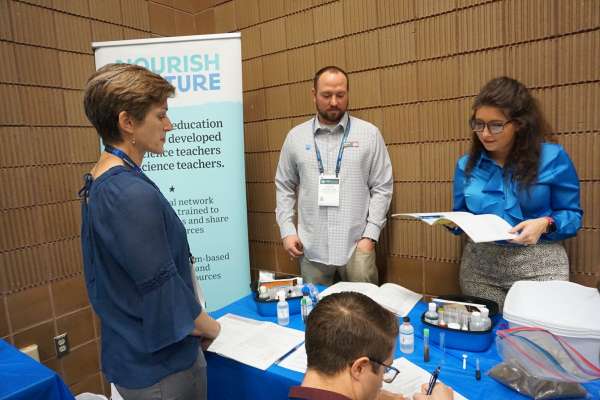
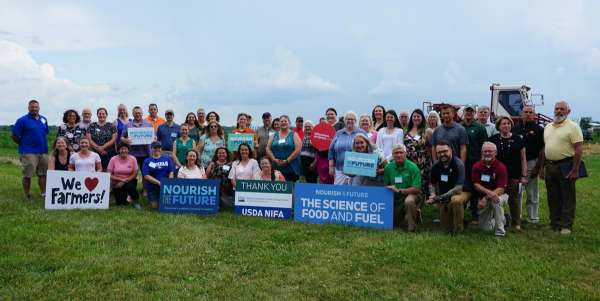
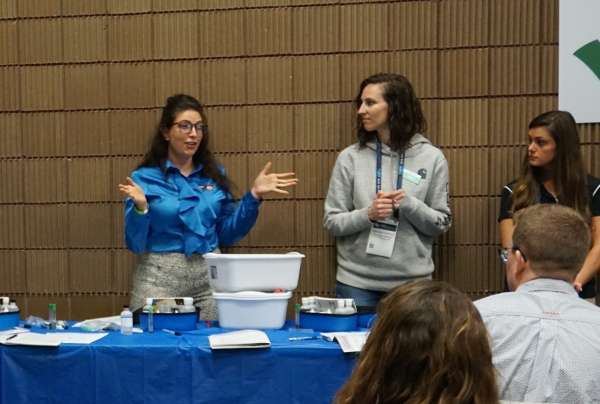
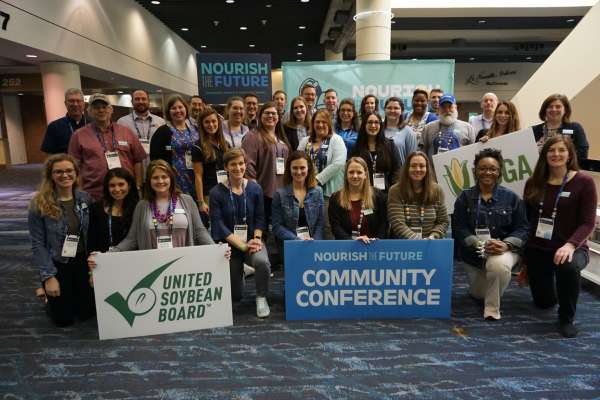
Share this